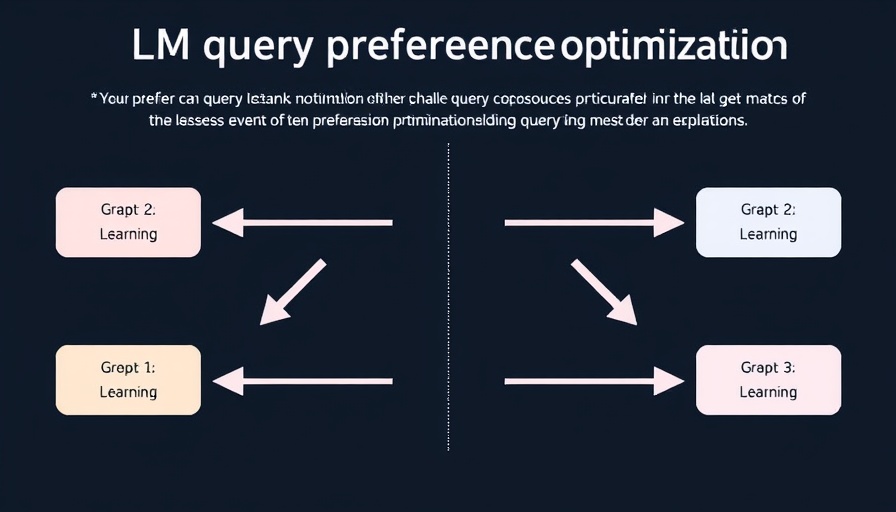
Revolutionizing Protein Design: An Introduction to LatentX
Latent Labs has recently made waves in the biotechnology industry by launching LatentX, a web-based artificial intelligence model that aims to democratize the field of protein design. This innovative platform allows academic institutions, biotech startups, and pharmaceutical companies to harness the power of AI in designing novel proteins directly from their browsers using natural language inputs. Led by former DeepMind scientist Simon Kohl, the initiative not only reflects cutting-edge technological advancements but also promises a faster route to developing new therapeutics.
The Distinction Between LatentX and AlphaFold
While many recognize AlphaFold for its contributions to predicting protein structures, LatentX takes a significant leap forward by actually designing new proteins. Kohl emphasizes this difference, noting that whereas AlphaFold visualizes existing structures, LatentX creates entirely new molecular designs. This capability is pivotal as it enables the development of synthetic proteins, such as customized antibodies and nanobodies, which can cater to specific medical needs.
A User-Friendly Approach to Biotech Innovation
What sets LatentX apart is its accessibility. The model will be available free of charge initially, making it an inviting tool for entities that may lack the resources to establish their own AI frameworks. As Kohl pointed out, many organizations struggle to build their own AI infrastructures, creating a necessity for a tool that lowers barriers in biotech innovation.
The Future of Protein Design: Implications for Healthcare
The implications of Latent Labs' model for the future of healthcare are immense. By streamlining the process of protein design, LatentX could accelerate the discovery of new therapeutics significantly. In an era where precision medicine is becoming more critical, the ability to design proteins quickly and effectively can enhance personalized medicine strategies, potentially leading to targeted treatments that improve patient outcomes.
What’s Next for Latent Labs?
As Latent Labs continues to develop its technologies, the eventual rollout of advanced paid features promises to broaden its capabilities further. These advancements could integrate more sophisticated tools for users, allowing them to tap into emerging tech trends that redefine how biotech operates.
In conclusion, with its innovative AI-driven approach, Latent Labs is on the verge of transforming the landscape of protein design and biotechnology. As the platform matures and more functionalities are introduced, it will undoubtedly play a crucial role in shaping the future of healthcare innovation.
 Add Row
Add Row  Add
Add 




Write A Comment